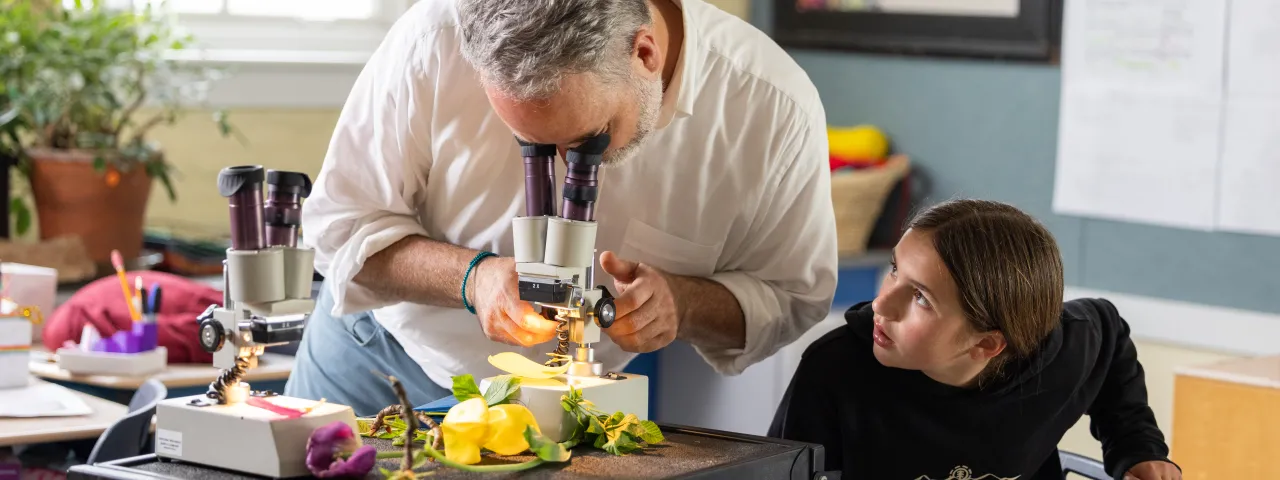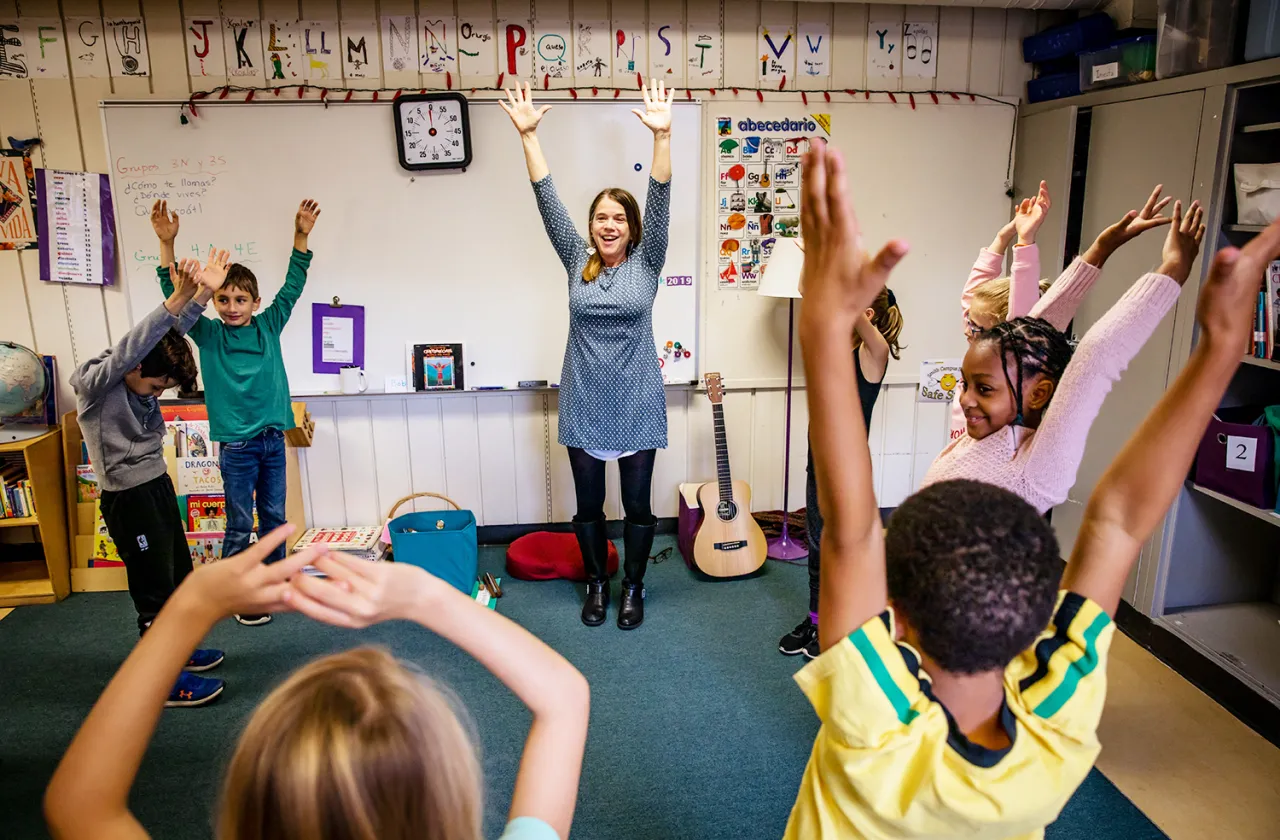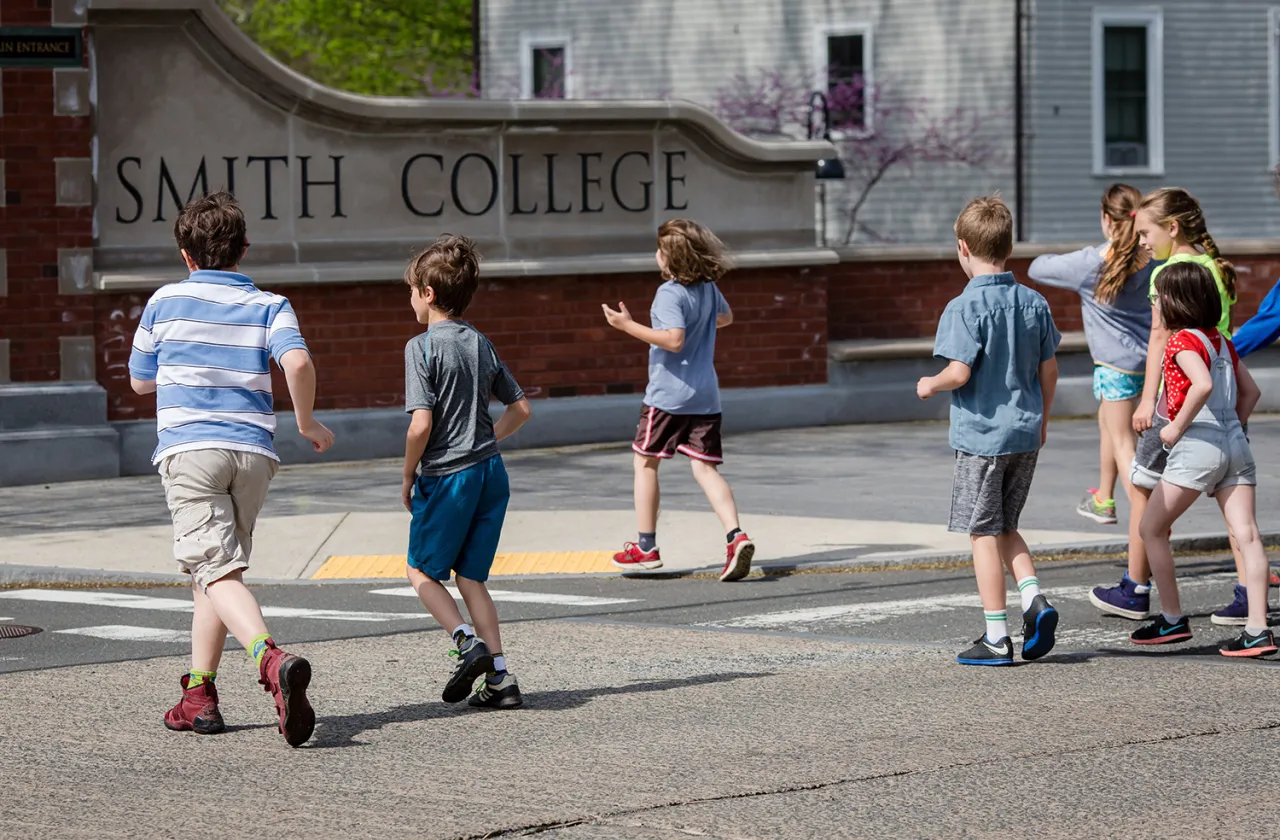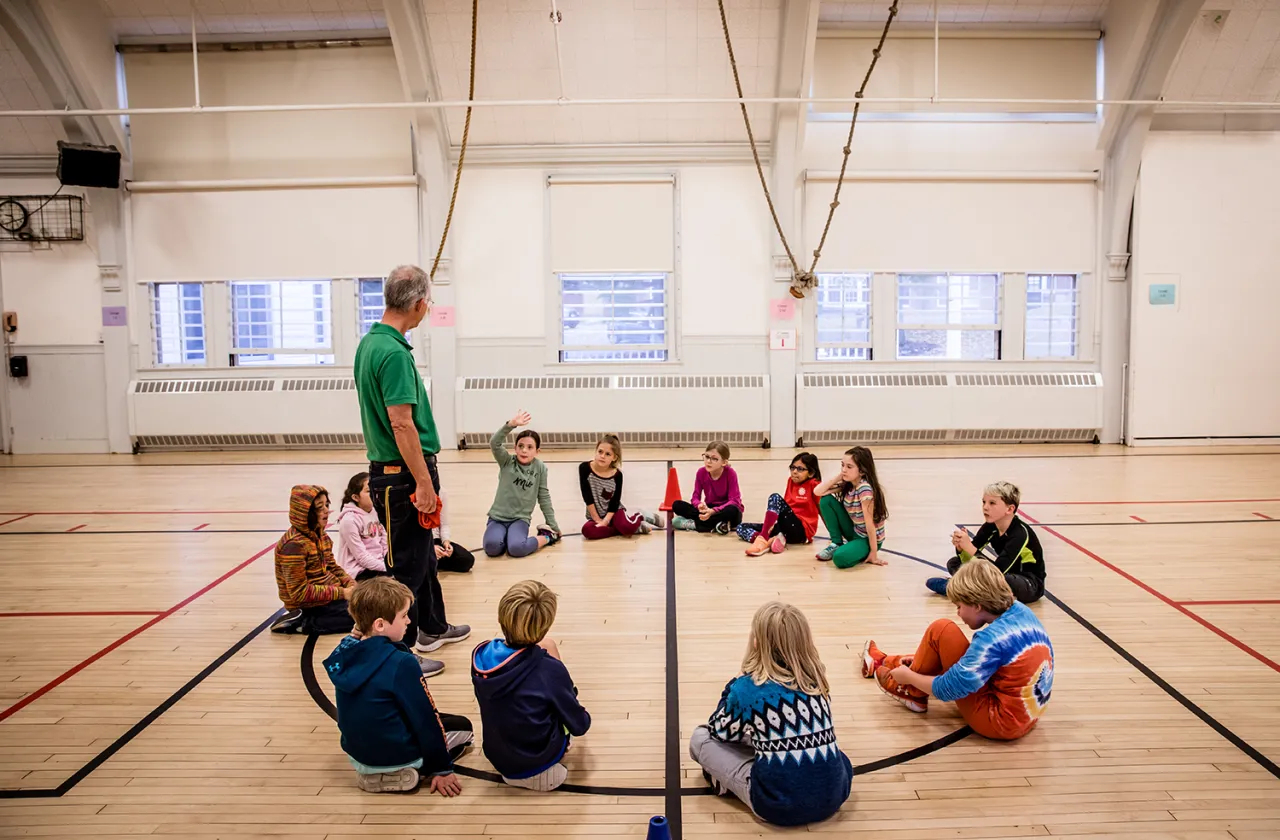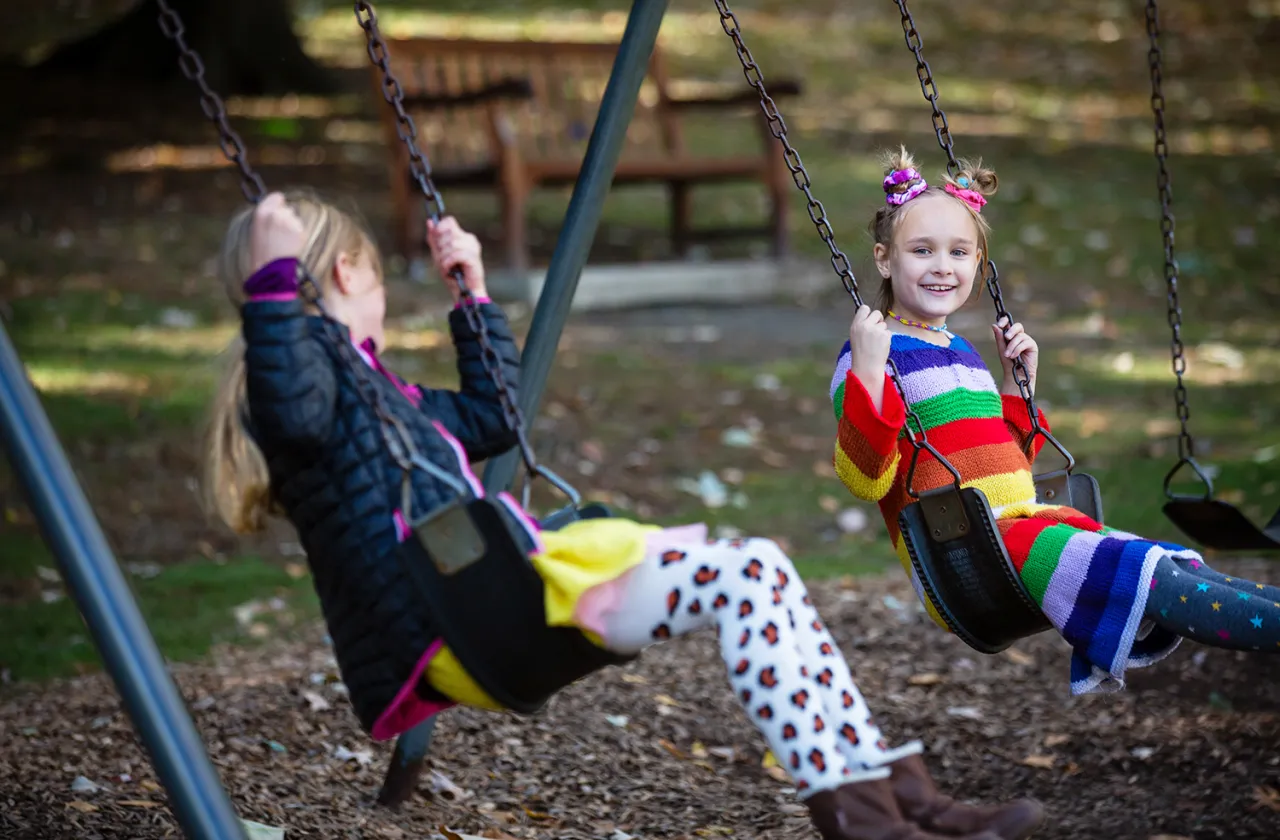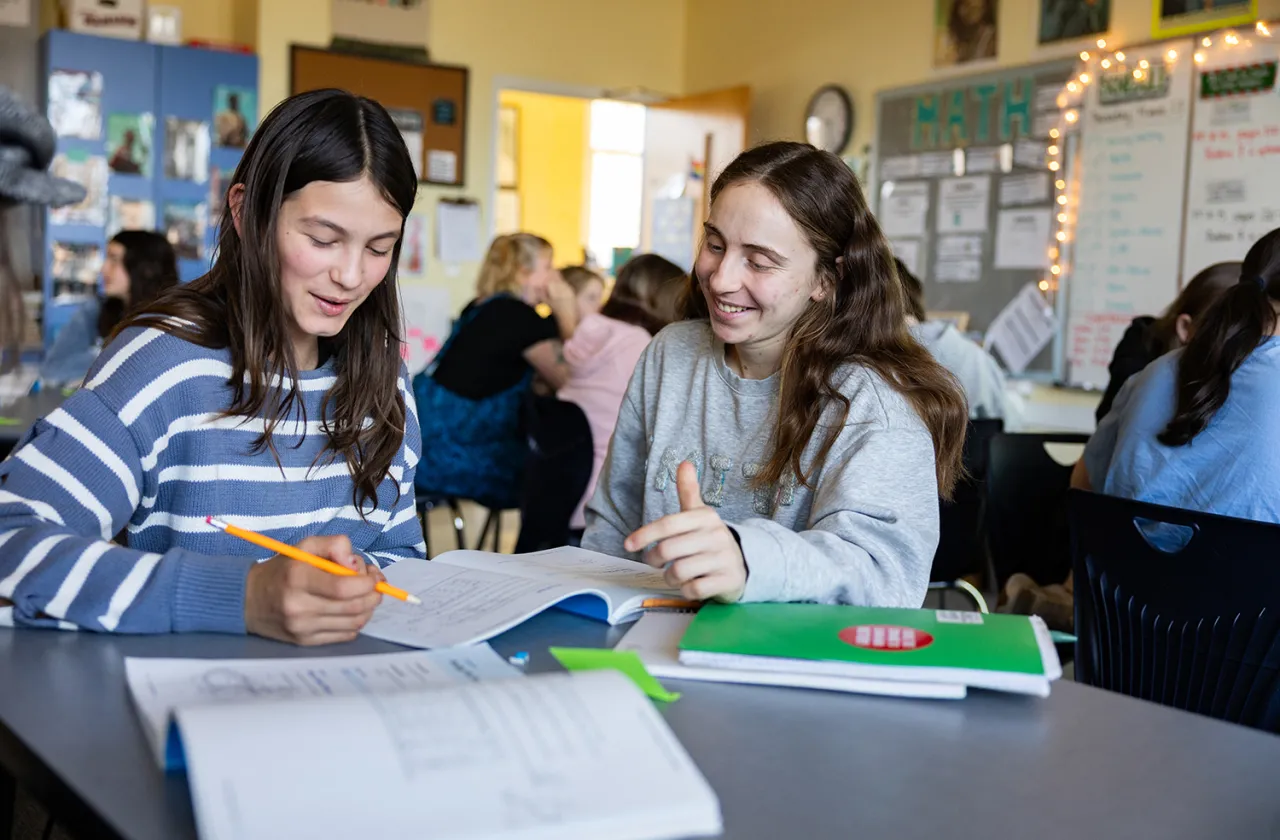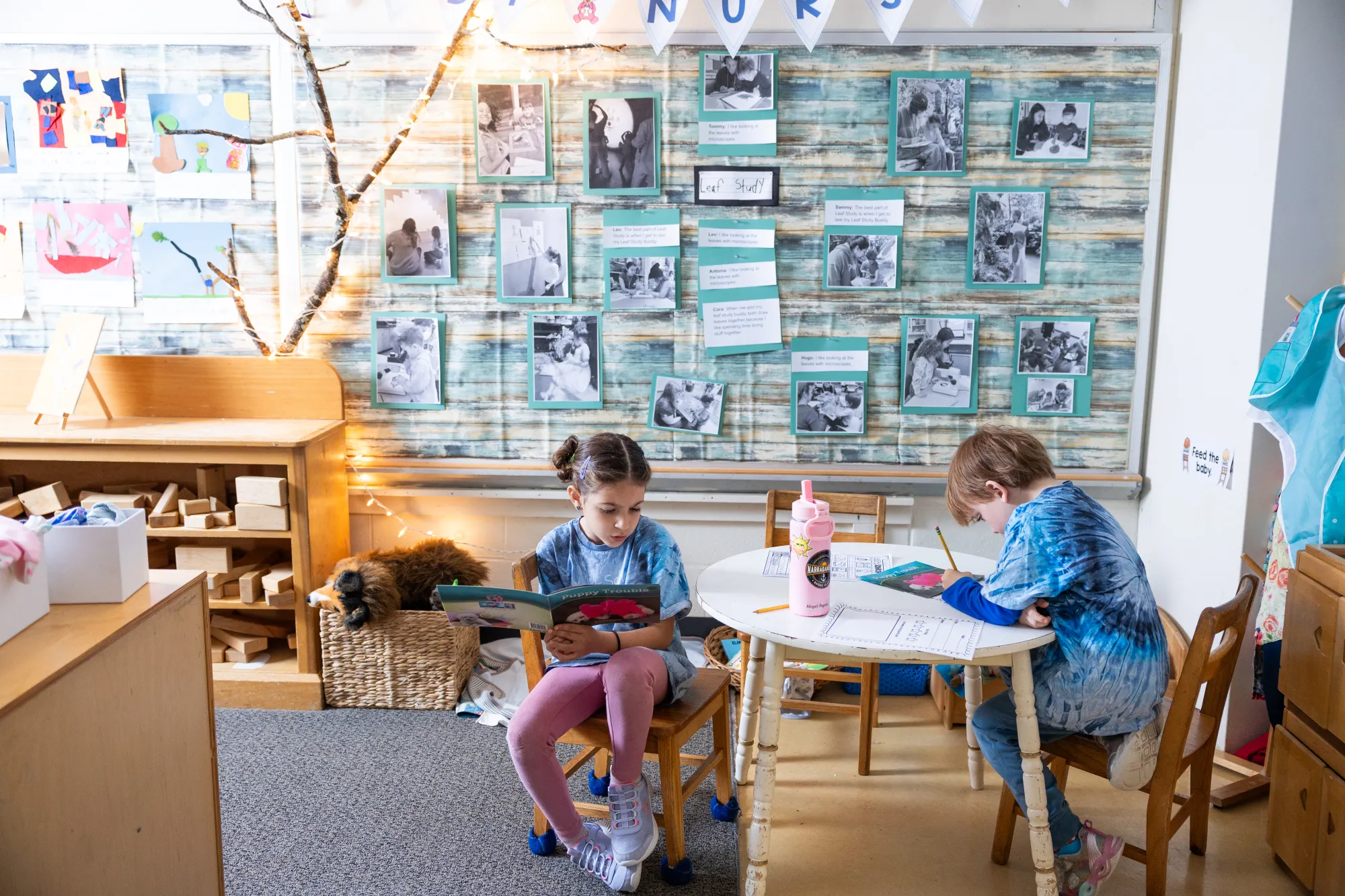Teaching & Learning
At Campus School we focus intently on the intellectual and academic development of our students, bringing the latest and most effective instructional methods into their classrooms every day. But we are also devoted to helping young minds tap into the wonder of learning, and to shaping each child into a brave thinker, eager to explore, to create, and to understand—even in moments of uncertainty, challenge, and change.
What Is a Lab School?
Simply put, a lab school facilitates teaching excellence and best practices in teaching and learning.
Being a lab school adds tremendous value to the Campus School experience. First and foremost, our teachers attain the highest standards of professional excellence. Their work is infused by research conducted by the department of education, by dynamic curricular collaborations between professors and Campus School teachers, and by a constant focus on being a school of best practices.
Campus School also serves a vital role in helping prepare Smith College students for careers in education. Students do student teaching and make formal observations of the teaching and learning taking place at Campus School. This work is overseen by faculty in the department of education and carefully coordinated with the teachers of Campus School, who play essential roles as mentors to student teachers. Having mature, inspired, and accomplished Smith College students in our classrooms adds tremendous value, both from the infusion of new energy and ideas generated by the students and by having more adult role models for Campus School students to emulate and look up to. Our student teachers then go on to serve the community, in both public and independent school settings.
Explore Our Academics
Learning Goals
Learning goals express the most important educational objectives of our school. Collectively they unify and focus our K–6 curriculum while also providing a portrait of what our graduates will acquire from their Campus School experience. These are broad and overarching outcomes; specific knowledge, skills, and understandings are articulated in grade level and subject goals.
“I could take my child anywhere to develop his potential as a good math or English student. I want him here because these teachers know how to develop his full potential as a good person.”
